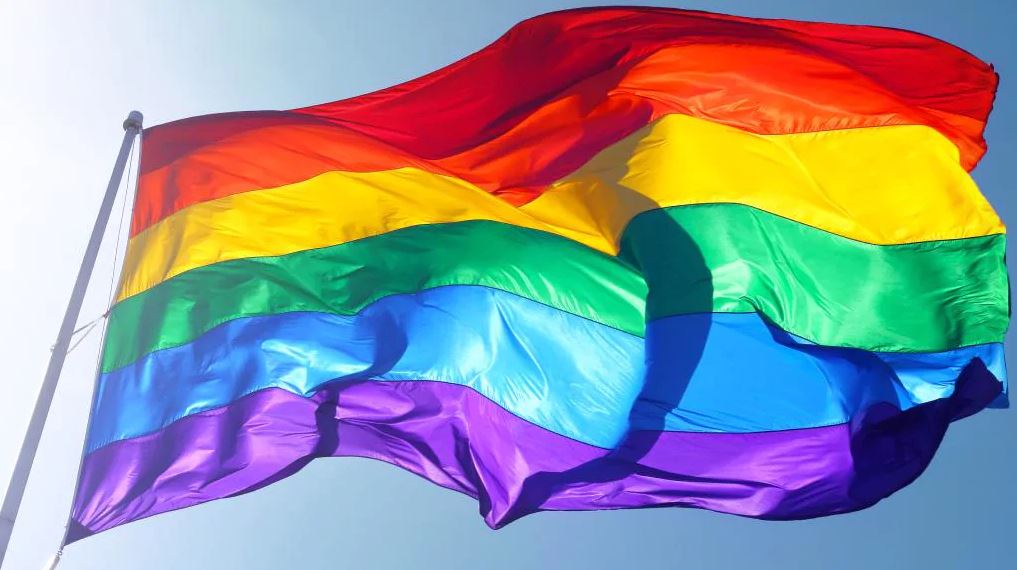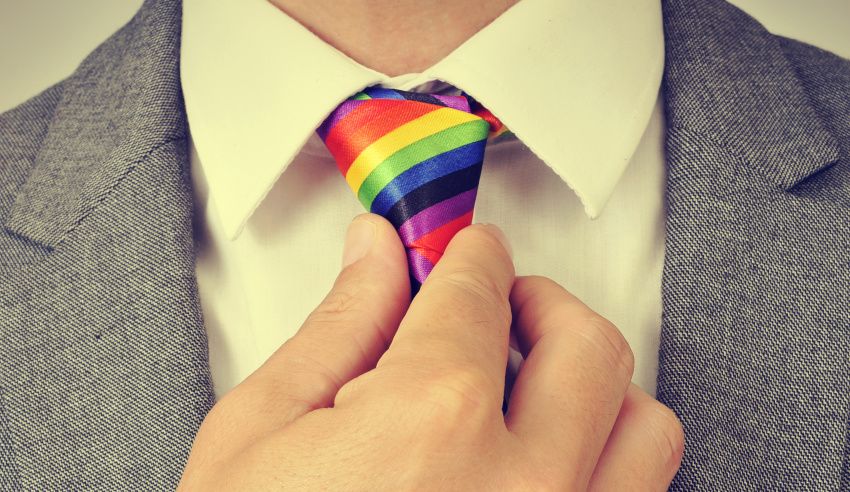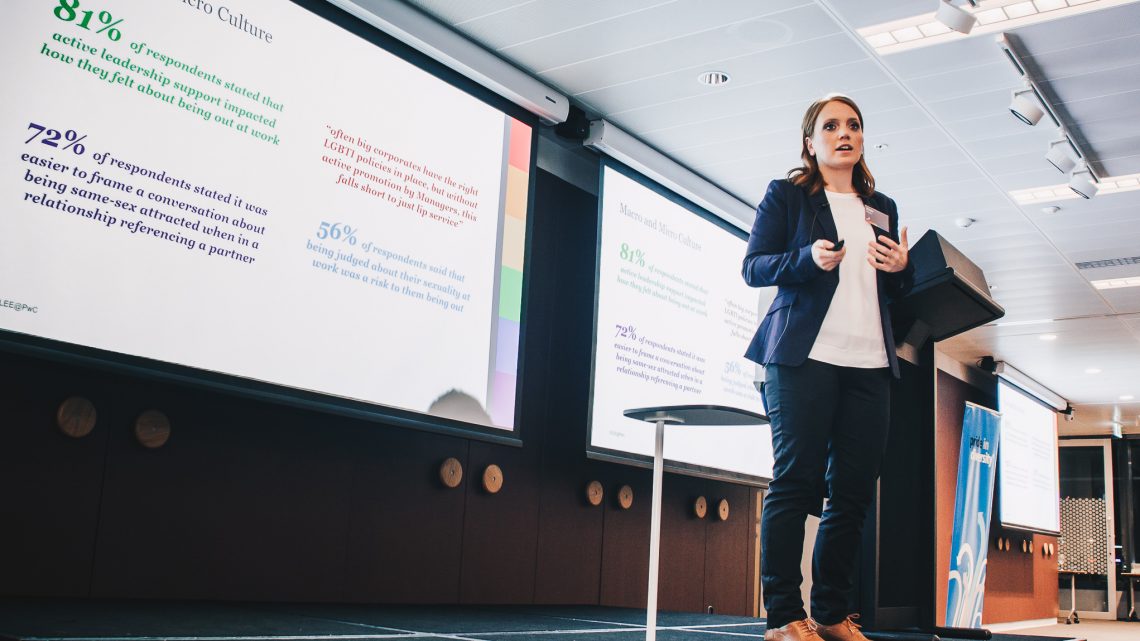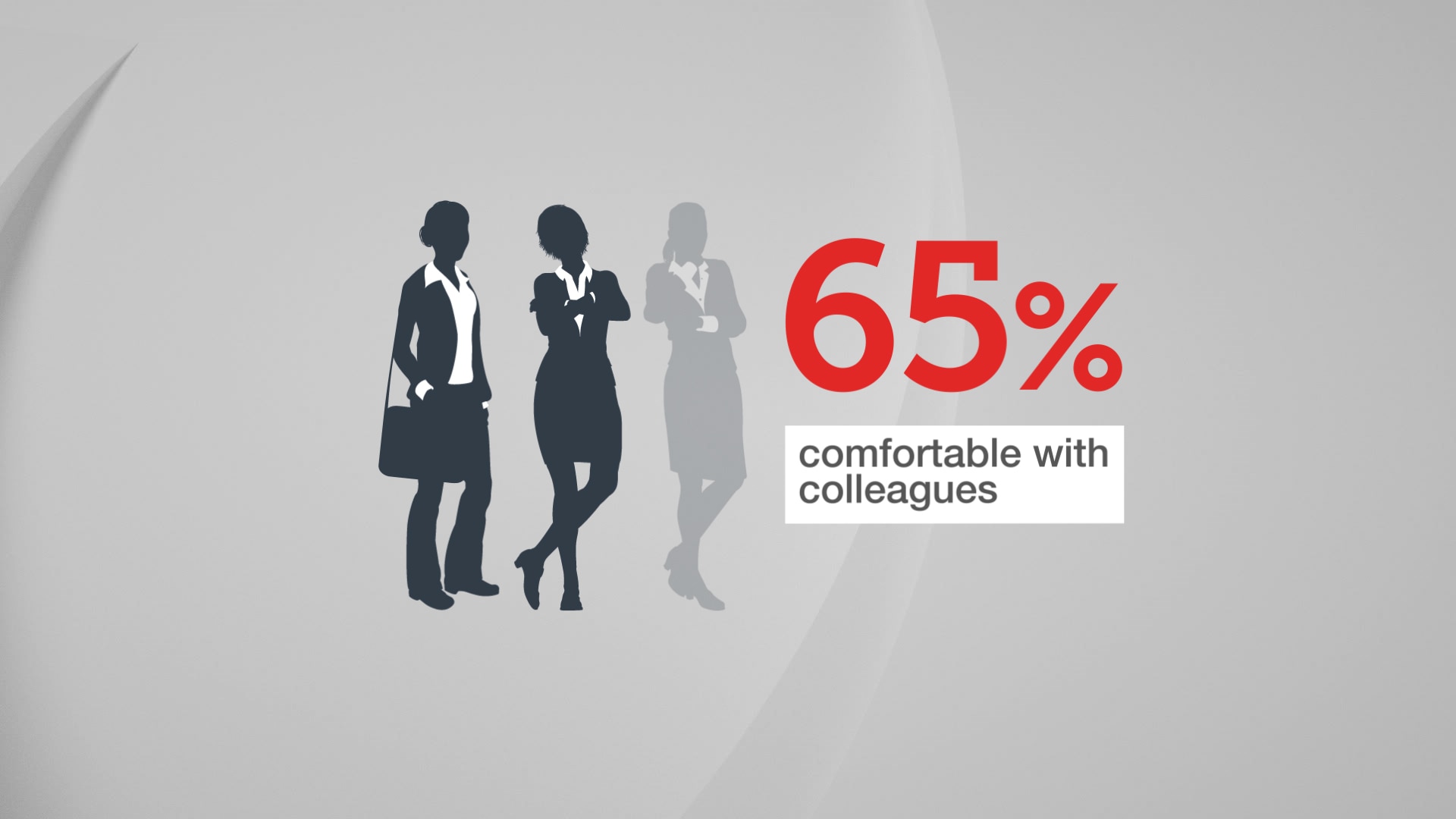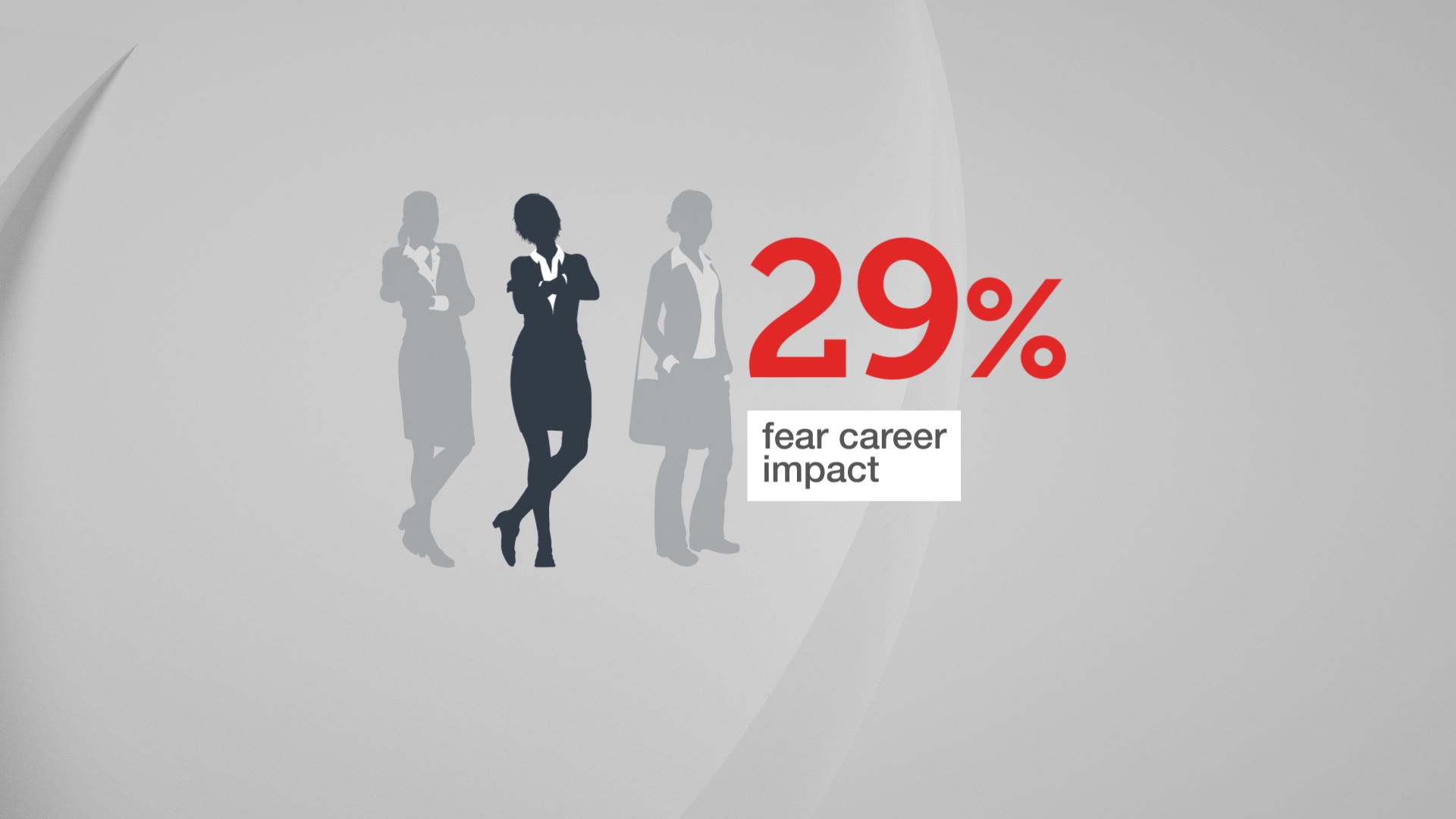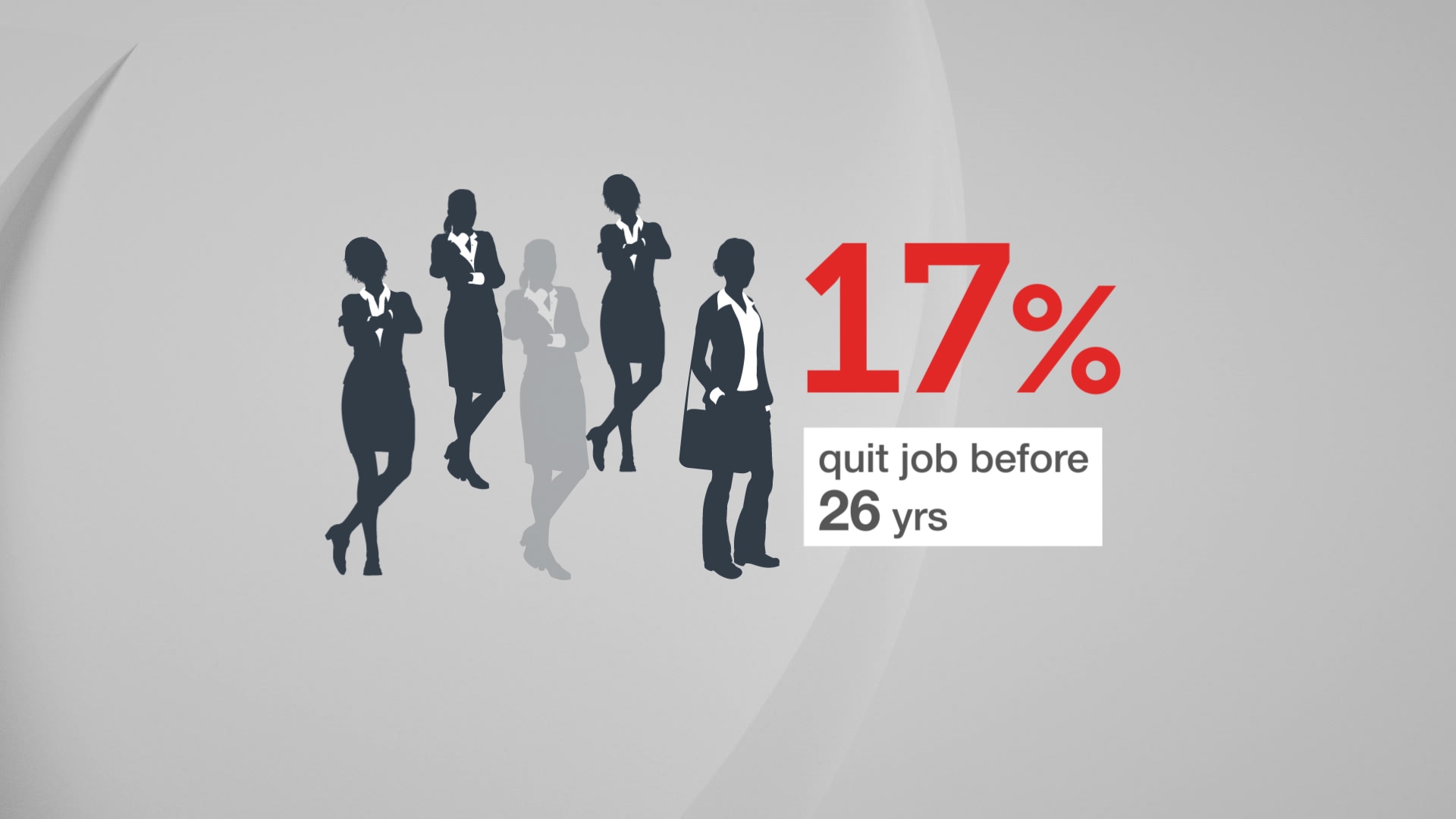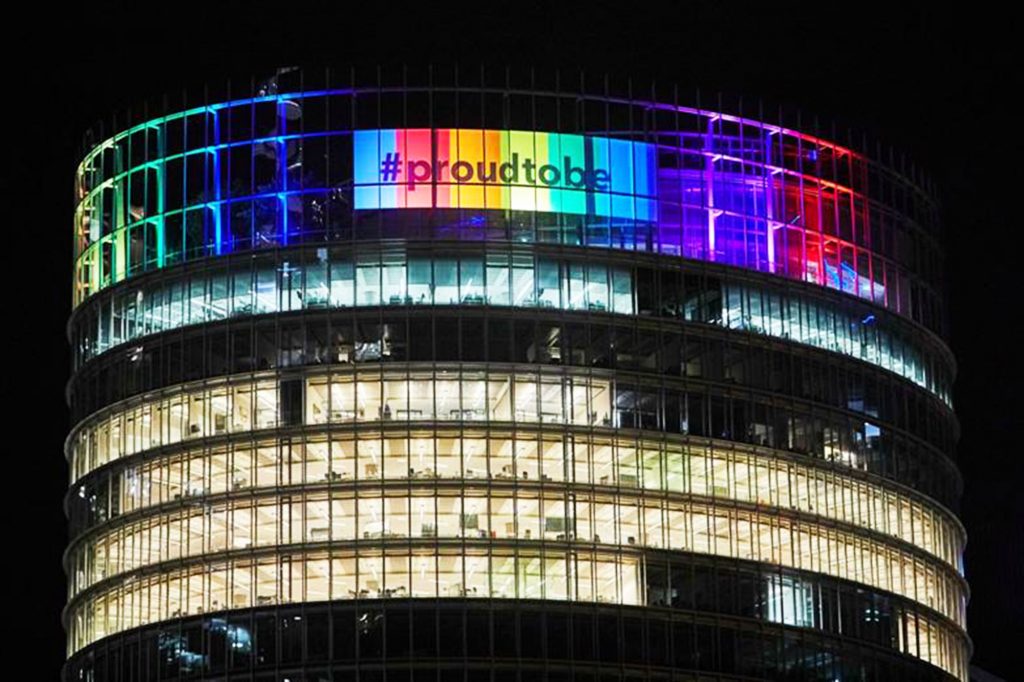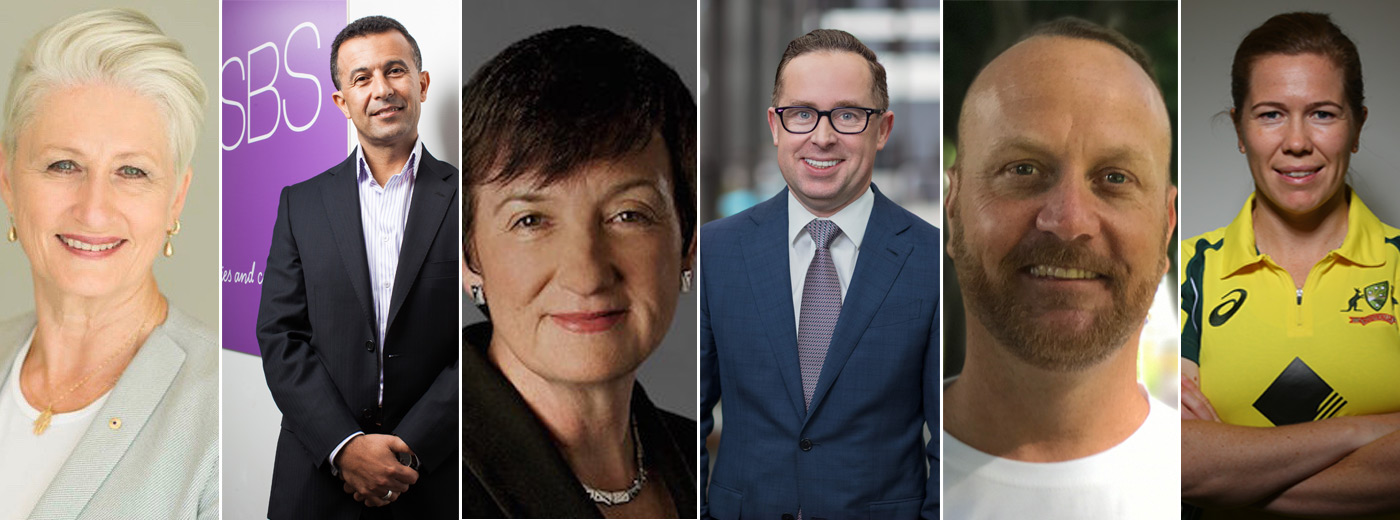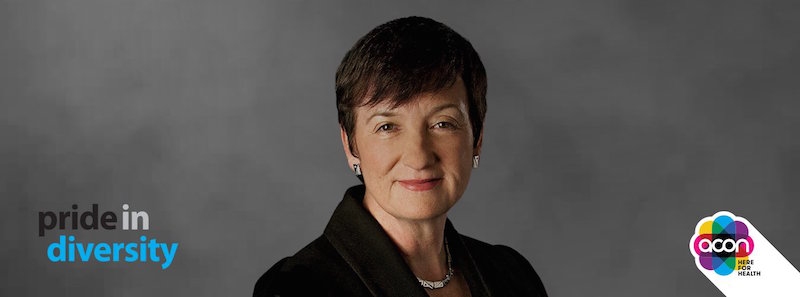A report titled ‘Where are all the women?’, commissioned by PricewaterhouseCoopers and ACON Pride in Diversity, surveyed 1270 gay women about their experiences in the workplace.
And almost one in five (17 per cent) had left a workplace before turning 26 due to what they called a “lack of inclusion”.
“We were definitely surprised by the subtle impacts that people talked about in the report,” said author Kate Marks from PricewaterhouseCoopers.
“So people I think are common with the concept that gender can be something that inhibits your career. But the idea that your sexuality might is slightly newer to people.”
Fears of being openly gay at work
The report, which took a year to compile, also found only 53 per cent of younger lesbians are likely to come out within the first year of a new job, compared to 60 per cent of women in a senior role.
Almost three-quarters of women (72 per cent) in a company of 100 people or less were openly gay.
The survey asked the women to detail some of the words used by co-workers to describe them.
“The words that come through are ‘masculine’, ‘man-hater’, and ‘butch’,” she explained.
“You have to go pretty far down that list to find a word that is seemingly positive.”
Consequences of malicious comments
Dawn Hough, Director of health organisation ACON’s Pride in Diversity program, told SBS News that careless comments can poison the workplace for gay women.
“Productivity goes down, engagement goes down, and ultimately the workplace becomes a place that we don’t enjoy coming to,” she said.
“If we had more role models if we were not so inclined to name people and stereotype people things would be easier. But it’s easier said than done.”
A growing number of Australian workplaces now have diversity initiatives, designed to ensure people feel included at all levels of the business.
But Dawn Hough says it’s often the little things that make the biggest difference… such as having an honest chat over a cup of coffee.
“It’s about creating an even playing field, not raising one group above another,” she said.
“And the manager plays a significant role there.”
Kate Marks agrees.
“It’s really about being able to bring your authentic self to work,” she said.
Diversity and productivity
Jemma Still has never experienced discrimination in her corporate career.
But during the marriage equality vote last year, she was surprised by some insensitive comments around the office.
“Before that, I don’t know it didn’t make any difference that I was gay, but at that time people were – I guess they were talking about the vote a lot and kind of surrounded by it – and it just made me feel, for the first time probably in my life that I was different to my colleagues,” she said.
Jemma was able to discuss her concerns with her manager and hopes other companies can do the same to help embrace the broad diversity of their workforce.
“If you’re comfortable in who you are, and you’re comfortable in what you’re doing, then you’re happier when you’re at work and all of that leads to productivity which can’t be a bad thing.”
